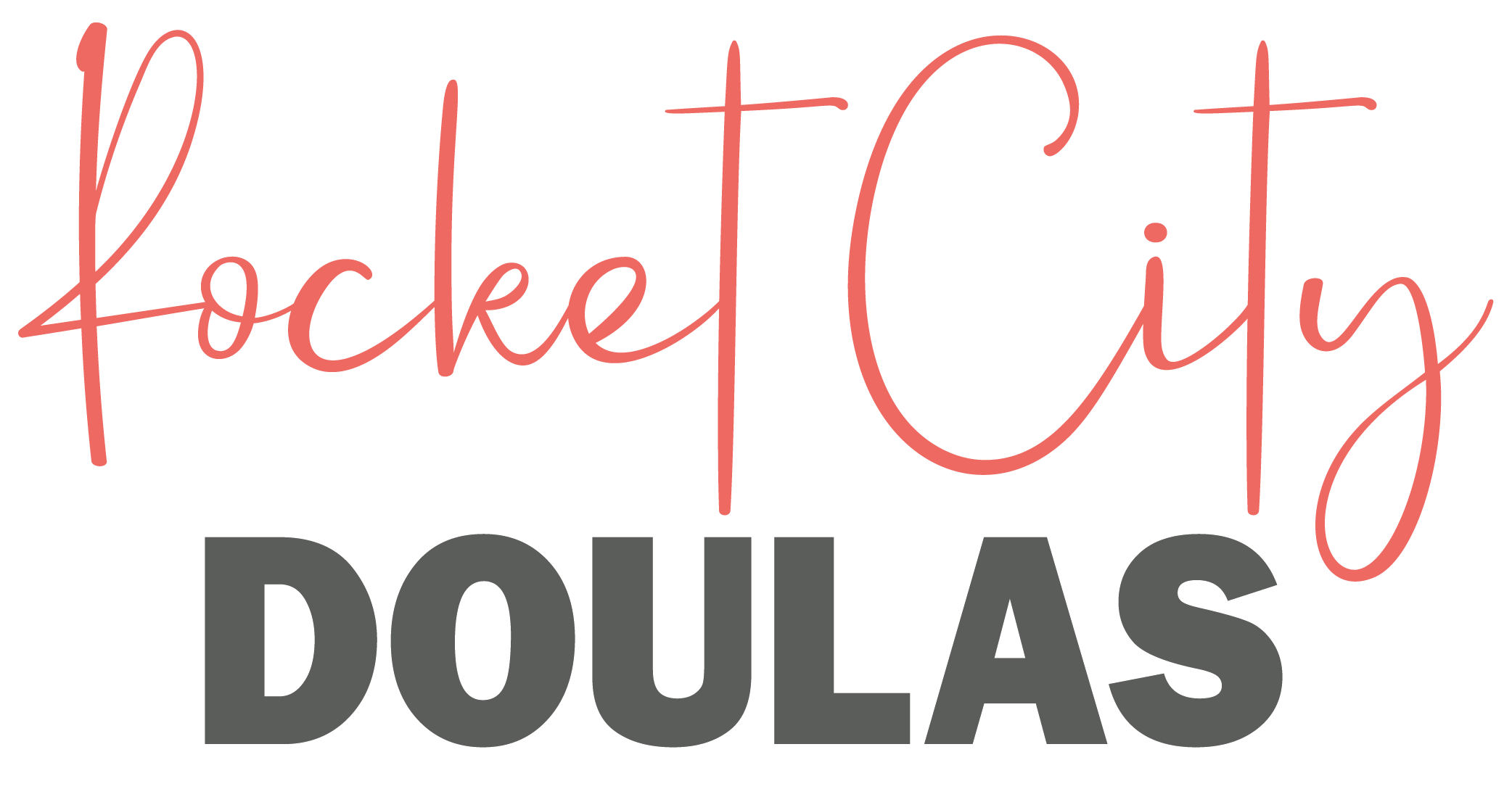If you didn’t live near here in 2011, you may not know much about April 27th and the tornado outbreak in Alabama.
If you did, it’s likely forever ingrained in your memory.
I can remember where I ate lunch, what my oldest child wore to school (which she ended up chewing at least 10 holes in because of her anxiety during the tornado warnings while at school) even what the intersection of Hughes and 72 looked like right before I picked up our eldest son from preschool.
As we drove to Athens to buy gas, I can remember passing by leveled houses, just minutes from our own, and crying from the complete devastation.

Minute details of this day, remembered forever when, any other day, they’d typically be forgotten.
Many people can remember their births this way, too. Life’s big events causing such a change in our core that we remember teeny tiny little aspects that we would normally otherwise forget.
Maybe those are mostly happy details. Maybe you remember the dress you had on when you walked the neighborhood in early labor or the smell of your baby’s head when he was first born.
But, oftentimes, the moments we remember most vividly are the traumatic ones.
Not only are traumatic memories more vivid, but they’re also less likely to “fade” as time goes on. In a research article titled “Vivid memories of distant trauma: Examining the characteristics of trauma memories and the relationship with the centrality of event and posttraumatic stress 26 years after trauma“, they point out that “trauma memories might not fade over time to the same extent as other personal memories.” They also mention information from a study (Porter and Peace (2007) ” while ratings of vividness, overall quality and sensory components declined for positive memories, these ratings remained nearly unchanged for memories of traumatic events.”
The most recent statistics suggest that birth trauma occurs in 1 in every 3 people who give birth.
1 in 3.
1 in 3 are struggling with those specific, vivid memories from their births. Memories that may not fade with time. (If you’ve ever spoken to your grandmother or her friends about their birth experiences, chances are you’ll catch some things in their stories. Those memories don’t fade.)
This is important information to consider for birth givers and birth workers. For people giving birth, it may be helpful to research birth trauma, what the risk factors are, and ways to help prevent it as much as possible. For birth workers, it’s vital that we attune to our clients and to be more informed about birth trauma triggers and risk factors. (Trauma is not black and white. What you may consider traumatic may not be what your client considers traumatic and vice versa.)
I didn’t have a word for it back in 2005, but my own birth trauma is what led me to become a doula. I felt completely alone, helpless, and almost out-of-body. It didn’t feel like I was an active participant in that birth and I struggled with those feelings for years. Thankfully, through therapy, prayer, good friends, ICAN of Huntsville, and other support, I can call it by name and talk about and process that experience now.
If you’re struggling with birth trauma, know that you are not alone.
You are not being dramatic.
Let me say that again for the people in the back.
YOU ARE NOT BEING DRAMATIC. (And while we’re at it, a healthy baby is amazing, but it is NOT the only important thing, and don’t let people discount your valid feelings and emotions by saying that it is.)
Please reach out to someone, and if you don’t have the resources, reach out to us, to your local ICAN chapter, or your local PSI chapter to see if they can help you find additional support.
***If you’d like more information on birth trauma, this is an excellent read on the topic.***


